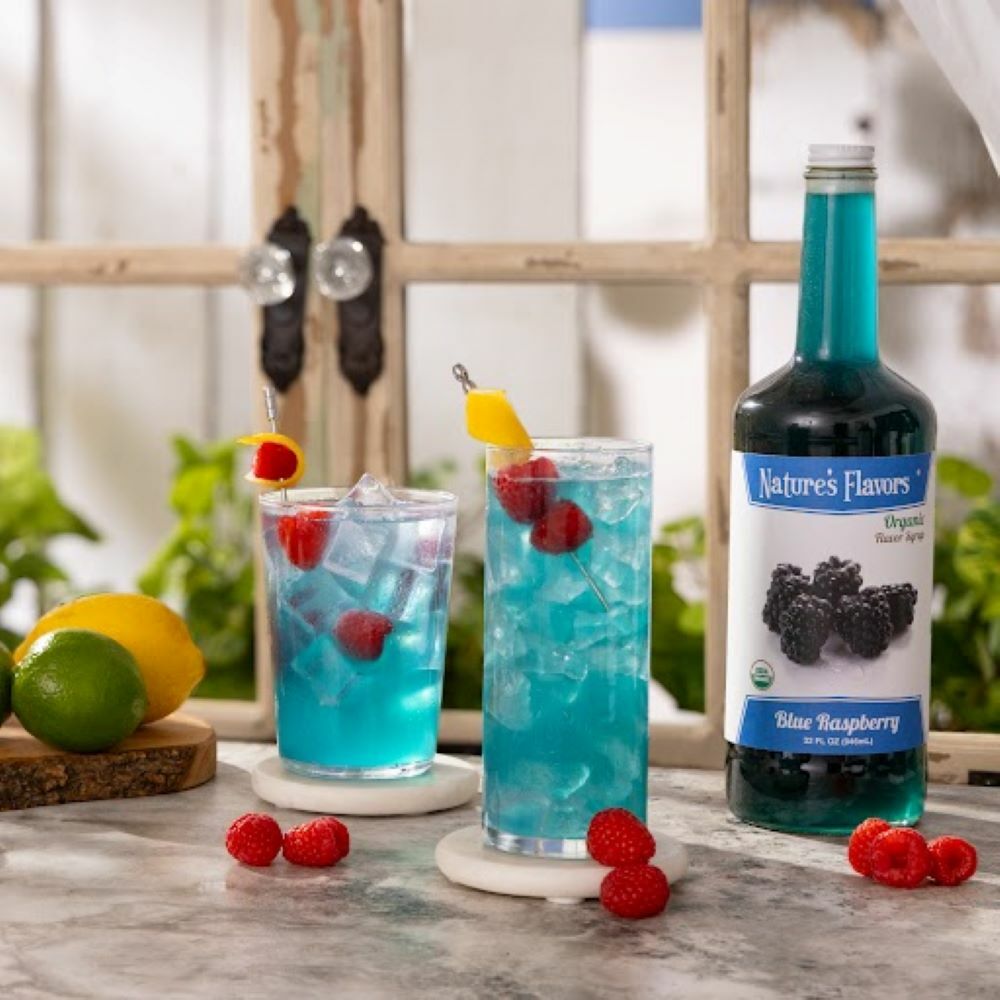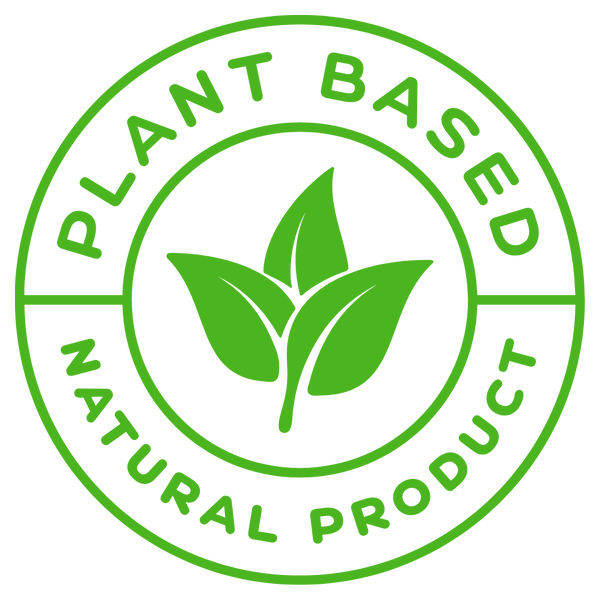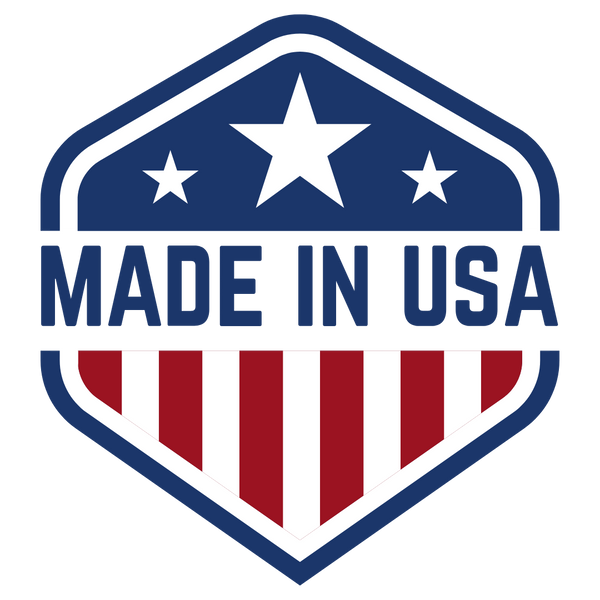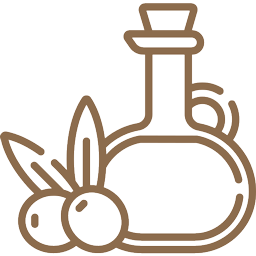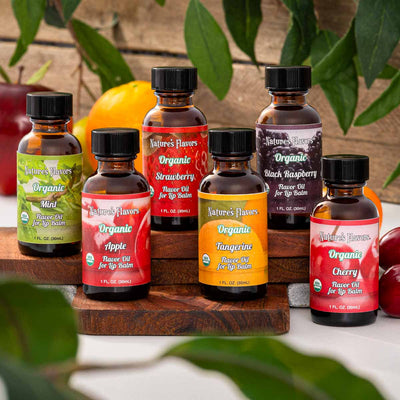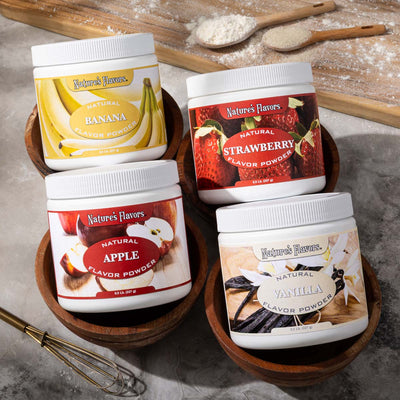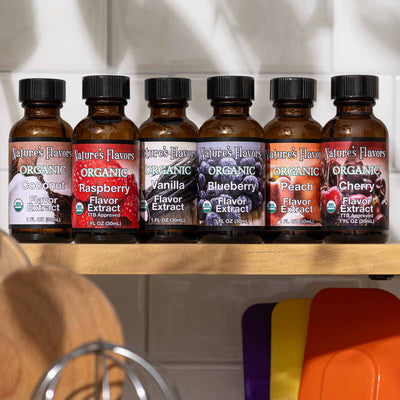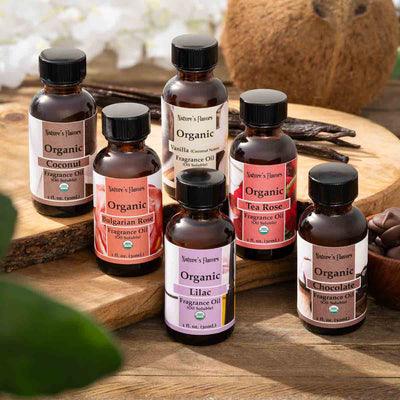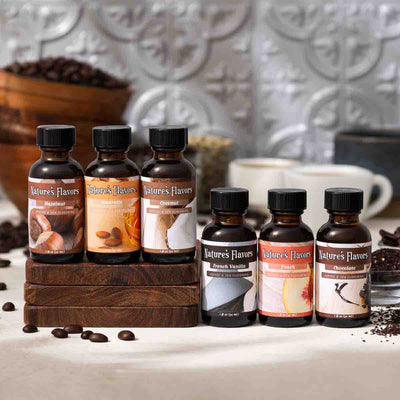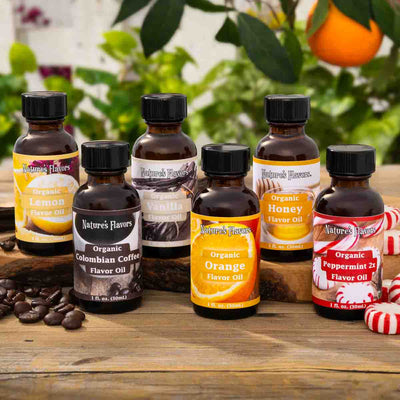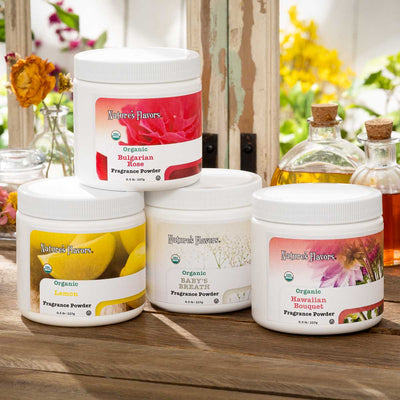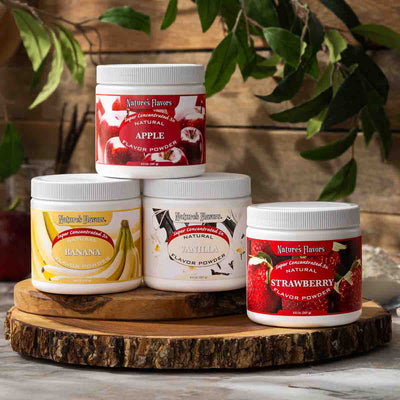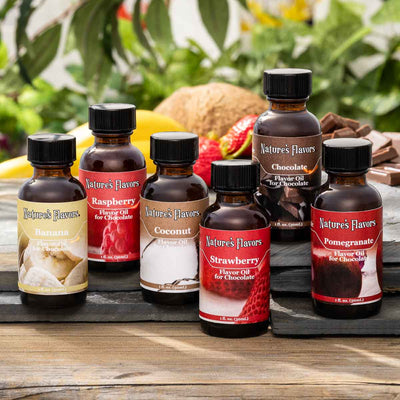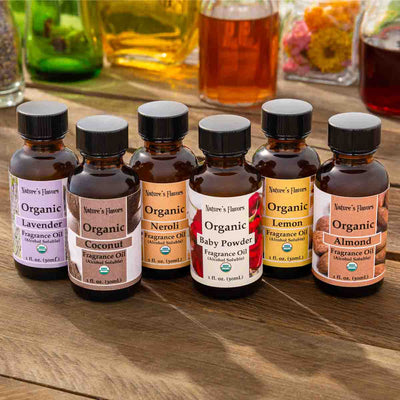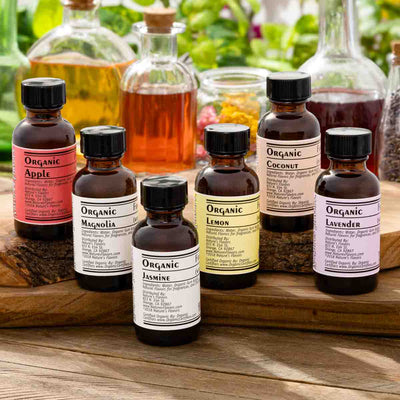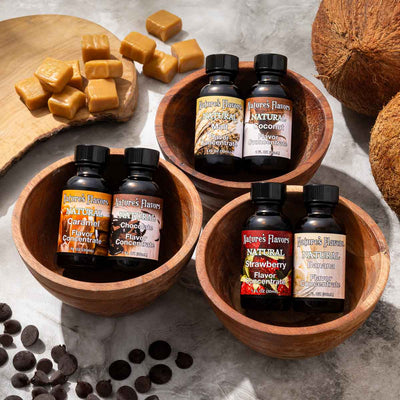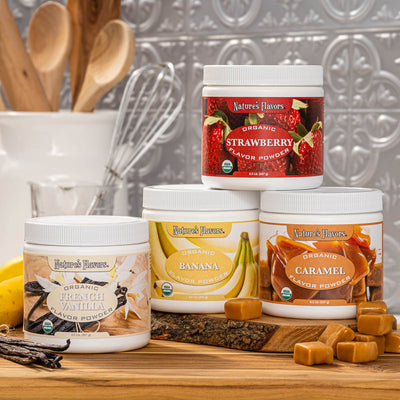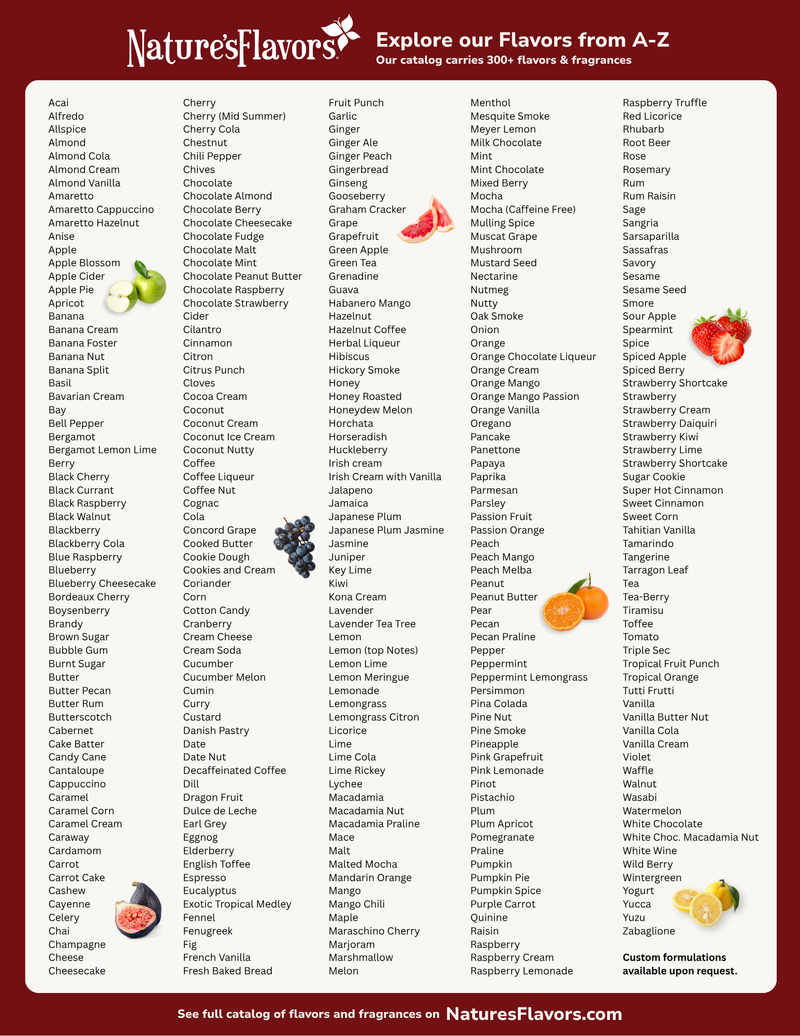This Caramel Corn Flavor Emulsion represents a specialized culinary ingredient engineered for high-temperature applications. The water-based emulsion delivers authentic caramel corn taste characteristics through a concentrated formulation that maintains flavor stability during baking, confectionery production, and other heat-intensive processes. Its professional-grade composition makes it suitable for commercial food manufacturing and culinary operations requiring consistent results.
Applications:
This emulsion integrates seamlessly into baked goods, confectionery items, frozen desserts, and beverage formulations. The concentrated nature allows for precise flavor control across diverse recipe requirements. Food manufacturers utilize this ingredient in cookies, cakes, candies, ice cream, and specialty beverages where caramel corn notes are desired.
Benefits:
The water-based formulation incorporates easily into recipes without affecting texture or consistency of finished products. Temperature stability ensures flavor retention during high-heat processing, unlike traditional extracts that may diminish under thermal stress. The concentrated formula provides cost efficiency for large-scale production while delivering consistent taste profiles batch after batch.
Versatility:
This emulsion adapts to various culinary applications, from artisanal baking to industrial food production. Its compatibility with different ingredient systems allows creative flexibility in product development. The formulation works effectively in both sweet and savory applications where caramel corn flavor notes complement the overall taste profile.
Quality Assurance:
Manufacturing occurs in facilities maintaining rigorous quality control protocols. Each production batch undergoes testing for consistency, purity, and flavor accuracy. The ingredient meets food safety standards and regulatory requirements for commercial food production environments.
Sustainability:
The concentrated formulation reduces packaging requirements and transportation impact compared to less concentrated alternatives. Efficient usage rates minimize waste in production environments, supporting sustainable manufacturing practices while maintaining product quality standards.



